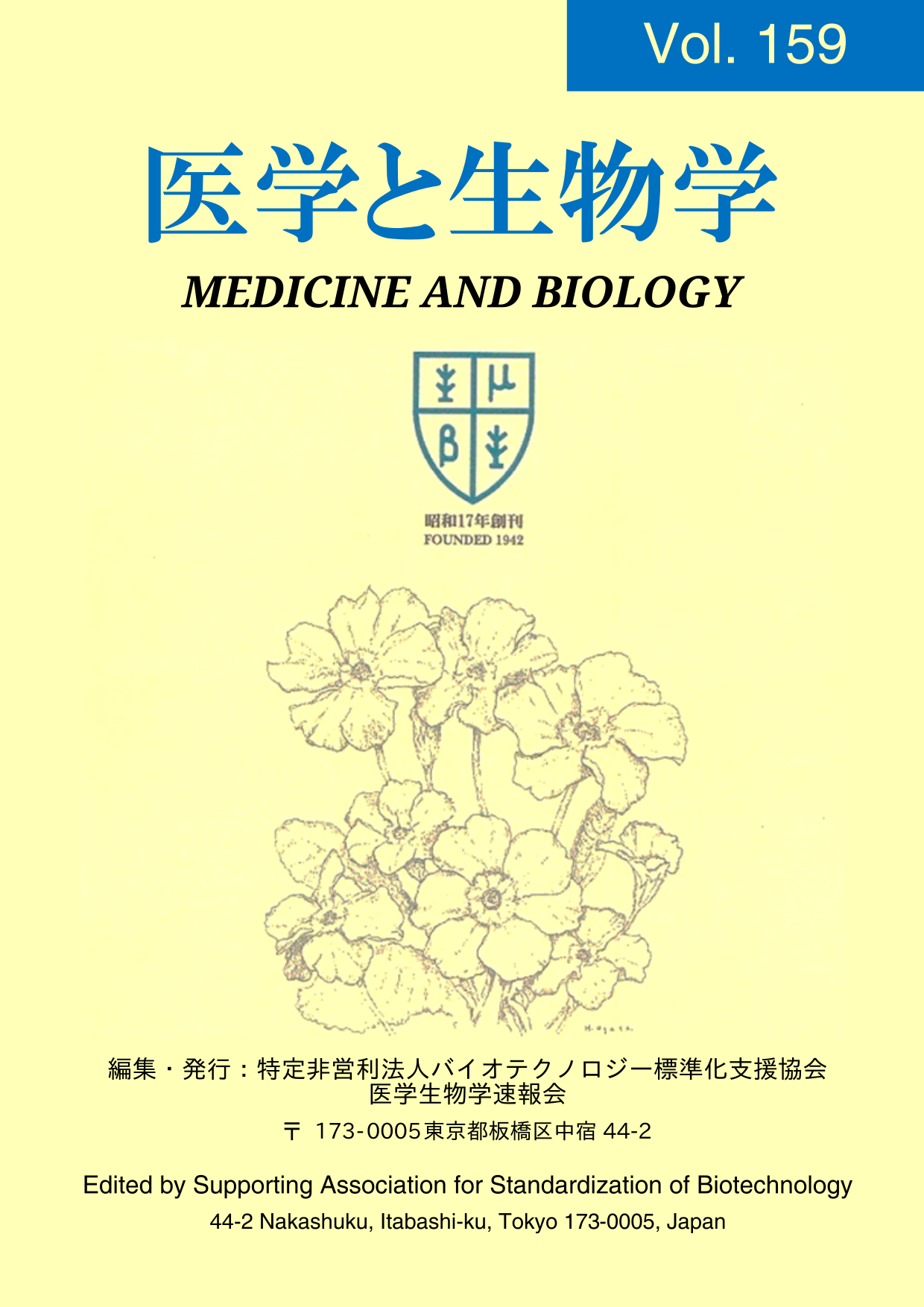A mother and visiting nurses notice and share the suffering of a child with severe motor and intellectual disabilities
Keywords:
Home Visiting Nurse, Mother, Severe Motor and Intellectual Disabilities, Suffering, ShareAbstract
The purposes of this study are to clarify how visiting nurses understand the suffering of a child with severe motor and intellectual disabilities (SMID), to examine how they communicate these matters with child's mother, and to clarify how a mother and home visiting nurses notice and share the suffering of the SMID children in order to provide proper medical treatment at home. Semistructured interviews were conducted with a mother whose child requires medical homecare, and with two home visiting nurses. Four categories for mother's notices: (1) Mother noticed her child’s complaints about suffering from the timing and the size of the reaction, (2) Mother noticed her child’s suffering through his unusual appearance; (3) Mother noticed a difference between suffering and anger, when a child got a usual treatment; (4) Mother was not confident in reading her child's emotions. Three categories for the visiting nurses' notices: (1) Visiting nurses noticed suffering from comparing the child's appearance when they visited, with
what they had previously visited, (2) Visiting nurses noticed suffering from comparing the child's reactions to the care when they visit last time, with a similar care. (3) Visiting nurses respected the mother's judgment because they were not confident in their judgment of the child's feeling. Three categories of notices, which were shared by visiting nurses and the mother: (1) Mother
identified the cause of her child's suffering together with various professionals and pursued better care; (2) Visiting nurses gave priority to the mother's judgment because they couldn't be sure to judge her child's feelings; (3)Visiting nurses shared the child's noticed suffering with his mother, and made use of it to decide what to do in the future. We conclude that it is necessary
for visiting nurses to learn a mother's past experience and judgment on her child's suffering and to use them, together with mother, to quickly understand the child's suffering in a situation of visiting care.


